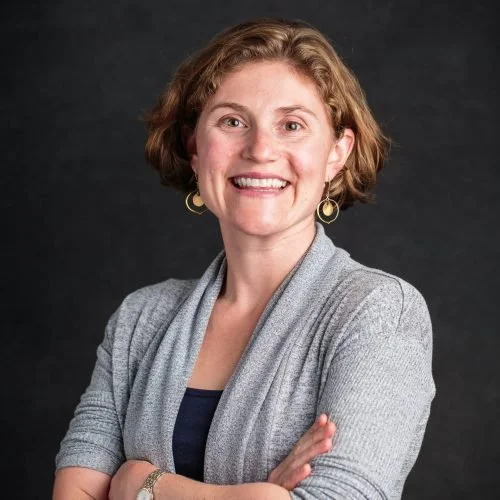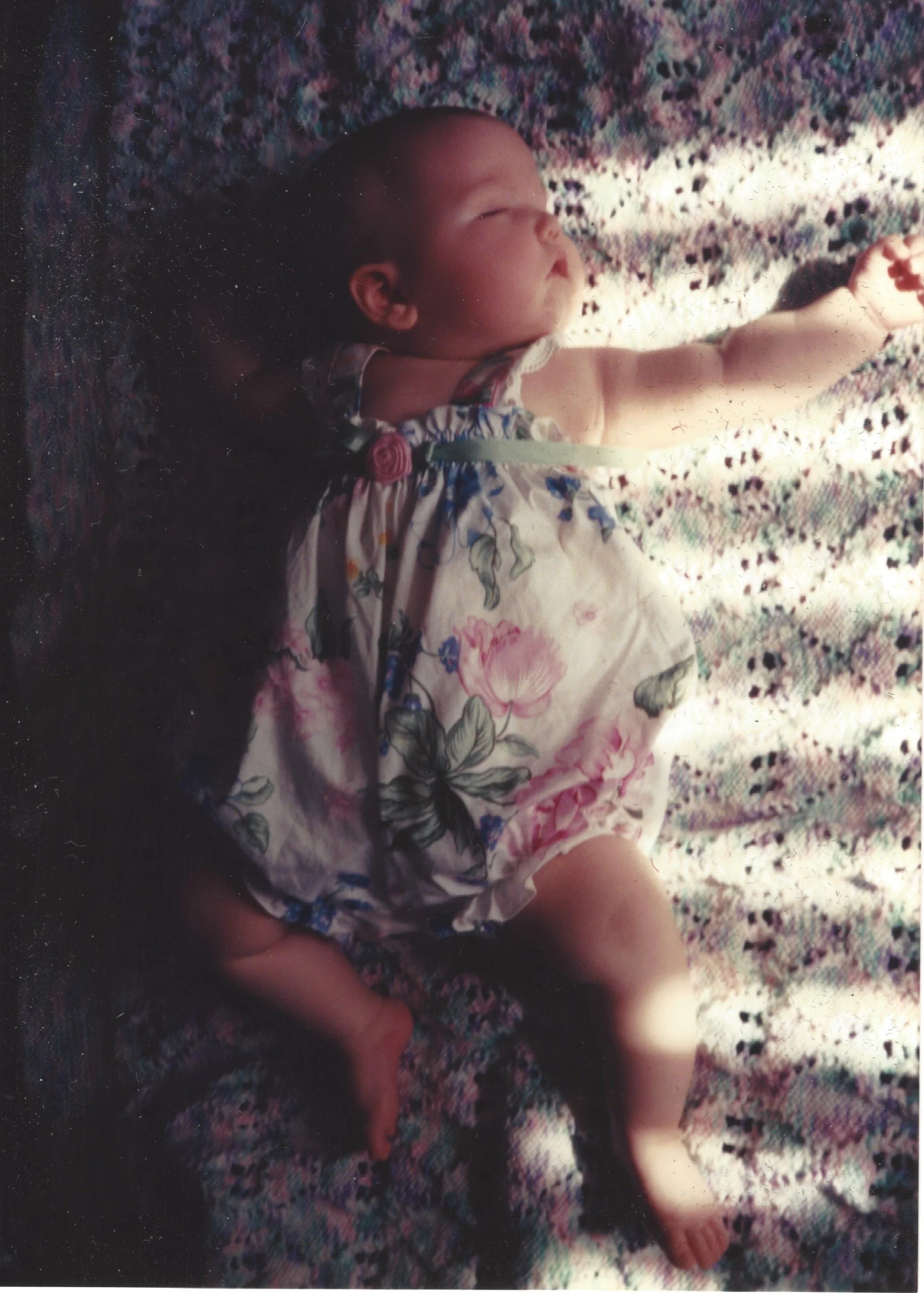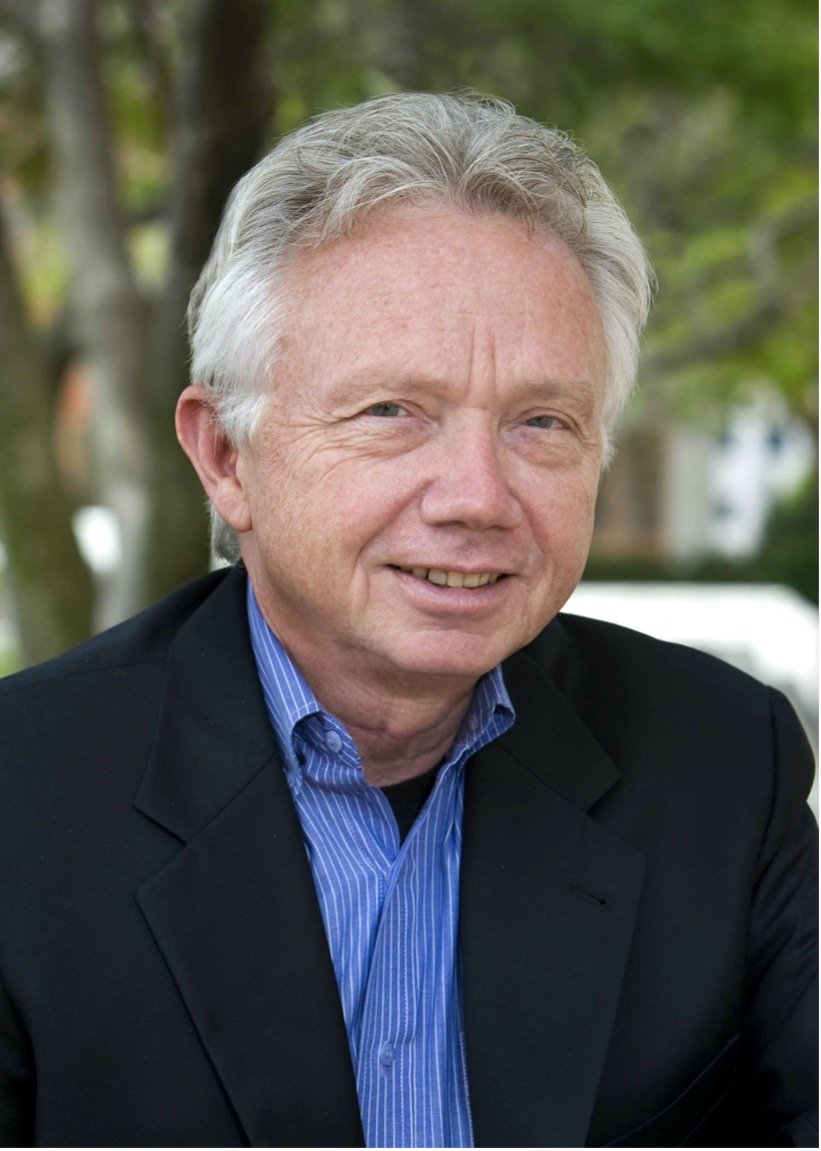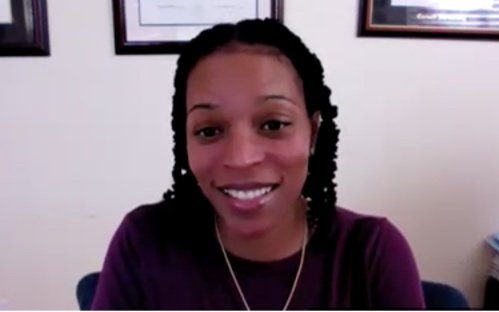Sixteen years ago today, my beloved daughter Katherine died of leukemia in my arms. But even at the time, I knew one thing could have made it worse: if I had been unable to comfort her in her suffering. Do most parents not know what that bond is? Even through the worst of cancer treatment, I could comfort her. I distracted her during bad needle sticks; I read to her while she was radiated behind 12-inch lead doors; I quieted her while she woke from yet another procedure or surgery; I held her while she struggled to breathe her last breaths. Even through it all, she comforted me too – until I kissed her for the last time and parted from her forever.
I have been reading accounts of children separated from their families, perhaps forever, and it is breaking my heart. I cannot believe this is America, that our descent into hell is hastening so quickly. I expected this – political destabilization, election of tyrants, dehumanization and victimization of migrants – but I didn’t expect it this soon. I expected us to be better, at least for a while. All that has happened so far is just the tip of the iceberg. Three million refugees from Syria and elsewhere, partly attributable to climate change– and it has destabilized world civilization. What will happen when we have hundreds of millions of refugees from climate change that we were foremost in causing?
Nicholas Kristof and Adam Serwer have been linking these modern accounts with the darkest history of our nation, which none of us should ever forget – children and mothers parted during slavery, during the oppression of American Indian boarding schools, and during the Holocaust. Then too, it seemed best for society as a whole, and the humanity and grief of those bereft was downplayed and denied. Then too, it seemed economically unfeasible to grant full rights to all. Let us not forget.
It grieves me more than I can say that my child’s death was preventable. That if only someone had applied known science to practice and policy, she would have lived, never been sick. That’s why I spent the last five years earning my MPH, which I finish this week, so that I can educate and advocate for children and families who may not even know they need protecting. These families on the border know they need protection and better policy. That’s the proximate need. The even greater need is further out, but preventable today. We need to address climate change and environmental degradation in a serious way or face floods of refugees from a fully predictable catastrophe that we saw coming and did nothing to abate, not only for citizens of less developed nations, but also for citizens of our country, who will increasingly face fire, flood, famine, and the deaths of children. I have thought deeply about what matters, and it is this: the health and welfare of our children…and all children. I pray we can do better.













